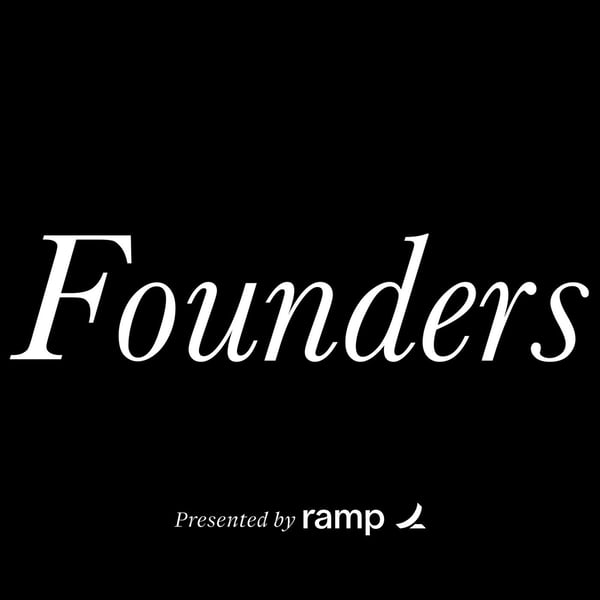#385 Michael Dell
Founders
David Senra
4.8 • 1.5K Ratings
🗓️ 14 April 2025
⏱️ 108 minutes
🧾️ Download transcript
Summary
Transcript
Click on a timestamp to play from that location
| 0:00.0 | There's a book that Ken Griffin recommends reading. It's called Hardball. And the subtitle of that book is, are you playing to play or are you playing to win? It is a book about extreme winners and some of the best operators in business. There is a line in that book that sounds like it could have been written by any of the almost 400 founders that you and I have studied on the podcast so far. And the line says, if you have not |
| 0:20.9 | examined your cost in detail, it is very likely that there exists lurking somewhere in your |
| 0:25.5 | cost structure, a major opportunity to improve your profits, weaken your competitors, |
| 0:30.5 | and expand your influence. The first move is to drive down your costs faster than your |
| 0:36.0 | competitors can and use that cost savings to |
| 0:38.7 | upset their strategy. That sounds like the author was describing Dell, as you will hear me |
| 0:44.0 | mention. In his autobiography, Michael Dell says that one of the ways he was able to outcompete |
| 0:48.7 | his better funded competitor compact was with a structural cost advantage. Compact's operating costs were 36% of their |
| 0:56.9 | revenue compared to Dell's 18% of their revenue. 40 years later, Dell is thriving and |
| 1:03.6 | compact no longer exists. There is something that history's greatest founders have in common. |
| 1:09.2 | They know their business from A to Z and their |
| 1:11.2 | costs down to the penny. Ramp makes doing this effortless. Ramp gives your business easy to use |
| 1:16.7 | corporate cards for your entire team, automated expense reporting, and cost, control, all on a |
| 1:21.9 | single platform. RAM's corporate cards are fully programmable. That means you can set limits so the |
| 1:26.8 | spending of your team never gets out of hand. |
| 1:29.3 | Most companies only find out about excessive spending after the fact. |
| 1:32.3 | With RAMP, you can stop it before it happens. |
| 1:34.5 | Matt Paulson, who listens to founders and is the founder of MarketBeat, recently switched to RAMP, and this is what he said about it. |
| 1:39.7 | Ramp is the best. The amount of money that you will save from unwanted renewals and employees who |
| 1:44.3 | think company credit card equals buy whatever you want will far exceed the best credit card |
| 1:49.4 | rewards program. Matt is talking about the importance of cost control. There's a line in Andrew |
| 1:54.6 | Carnegie's biography that says cost control became nearly an obsession. Ramp helps you make it an obsession. |
... |
Transcript will be available on the free plan in 18 days. Upgrade to see the full transcript now.
Disclaimer: The podcast and artwork embedded on this page are from David Senra, and are the property of its owner and not affiliated with or endorsed by Tapesearch.
Generated transcripts are the property of David Senra and are distributed freely under the Fair Use doctrine. Transcripts generated by Tapesearch are not guaranteed to be accurate.
Copyright © Tapesearch 2025.

